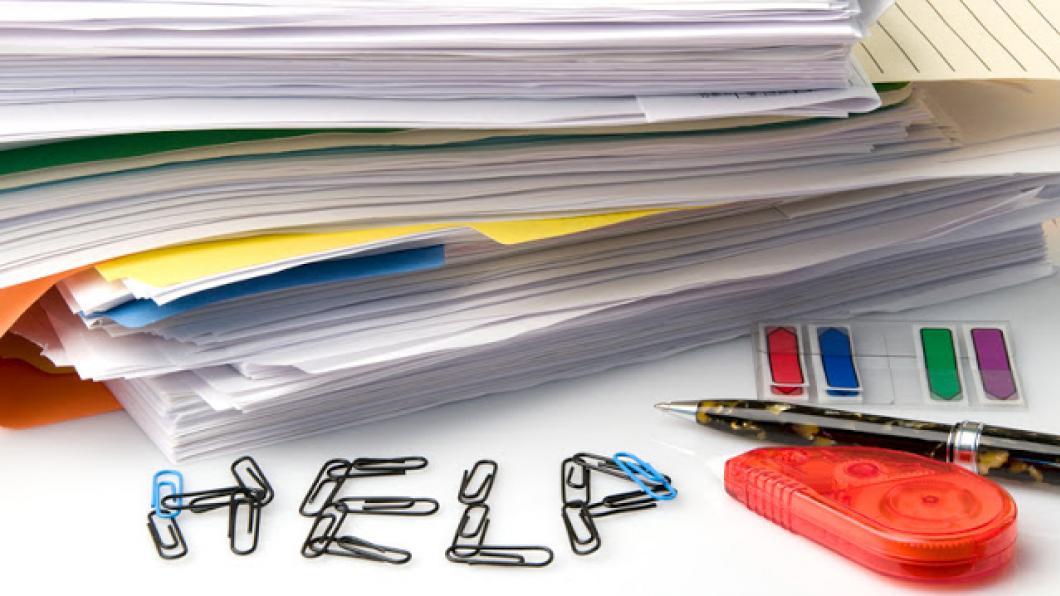
Make work? Families still face too much of it
By Louise Kinross
A couple of weeks ago a story with this headline appeared in The Toronto Star: Easier path to cash for adults, kids with disabilities.
It kind of gives one the image of a limitless pot of gold at the end of the rainbow, doesn’t it?
The story is about how people apply for Special Services at Home funding and the Ontario Disability Support Program—and cumbersome red tape that made them prove their disability again and again.
SSAH is funding that enables families to hire a worker to help a child develop skills and participate in the community while giving the family respite.
In the past, families had to reapply every year—filling out numerous forms each time—even though in most cases the disability didn’t change.
It was a gigantic make-work project—for families and program administrators alike.
It’s reminiscent of stories we’ve read about Canadian war veterans who had to “prove” that they still had no legs—on an annual basis.
The changes to SSAH came after the provincial ombudsman’s scathing report on disability services last month. I’m not sure that what The Star calls “an easier path to cash” merits congratulations.
Perhaps “I’m sorry we’ve been putting SSAH families through this unnecessarily for decades” from a government spokesperson would be more appropriate.
There was no exchange of “cash” in the SSAH program in the way the headline implies. Workers invoice parents, who then pay them. Parents then send those invoices in to the government, and receive a cheque or deposit to compensate them, up to their funded amount.
The Toronto Star story also notes another change. Once a person with disability has met the criteria for adult services, they don’t have to prove their disability again to apply for ODSP. The ODSP covers basic needs like food, clothing and shelter and some health benefits.
That's good, but the story doesn't mention that you may have to get new documentation of old disabilities after you're on the program.
Recent case in point: I was told that hearing-aid batteries are covered through ODSP, but I'd never followed up on this.
My son’s hearing loss has been documented since he was 18 months old. In fact, I’m sure it was included in our application to ODSP in the first place.
Imagine my surprise, then, when I asked our hearing aid provider about how to get batteries covered through ODSP, and I was told that due to a new regulation, we would have to take our son to see our family doctor, and get that doctor to write a note saying he had hearing loss.
Now, our hearing aid provider has decades of hearing tests on hand for our son. They could have easily sent these to ODSP, but apparently that wasn’t sufficient.
No, it would require two members of our family meeting with a family doctor who isn’t an expert in hearing loss to meet the new regulation. Other than seeing that my son was wearing hearing aids, the doctor couldn’t assess his hearing loss on the spot. Yes, she too would have had all of his hearing tests in her file.
But why, when his hearing loss has been documented for more than 20 years, was it necessary to get a new doctor to document it? Why weren’t the audiology tests that the hearing aid provider had sufficient evidence? Audiologists are regulated professionals are they not?
Then, after making the doctor’s visit with my son, my husband had to physically take the document to the hearing aid provider. We were told the government wouldn’t accept a faxed or scanned copy from the doctor.
Why?
And to top it off, my husband was told he’d have to do the same thing next year.
How does this benefit anyone—families, doctors or program administrators—in the system?
Are there really people out there scamming the government for hearing aid batteries they don't need?